Social Forestry and Agroforestry
Synopsis
Plantation forestry has been emerging as a strong attraction to the traditional forestry practice due to its acceptability and productivity improvement. After enunciation of national forest policy, 1988, plantation forestry has been encouraged to generate raw materials for domestic as well as industrial needs. This has accelerated the promotion of social, farm and agroforestry programmes in the wastelands and other marginal farmlands of the country. All these activities warrant a reference material with a compilation of various social and agroforestry programmes coupled with need based management system to create awareness on forestry related activities.Against this backdrop, this current textbook was attempted through interdisciplinary approaches in order to compile the existing information on social and agroforestry programmes and made them available for all levels of stakeholders to achieve higher productivity and environmental amelioration. Hence, this book entitled "Social forestry and agroforestry" which includes judicious mixture of all basics and fundamentals coupled with advanced silvicultural technologies. This book was initially targeted for farm under and post graduates and later on cloned to meet the needs of wood based industries, plantation managers, professional foresters, researchers and farmers.The contents in the book covered wide array of subjects, which traced the history of forestry in India and their role coupled with recent plantation activities. The book incorporated 15 chapters and the first three chapters dealt with role of forests both tangible and intangible benefits along with historical evidences of various forestry activities. This besides, the role of various national forest policies in guiding the forest management system have also been dealt. The subsequent three chapters contained issues related to social forestry, social forestry plantations and projects and also joint forest management in Tamil Nadu. The chapters seven to ten dealt with the basic concept, benefits and constraints of agroforestry, classification of agroforestry systems, integrated farming system for different regions and also the role of agroforestry on watershed management. The trees play major role in augmenting edapho-climatic factors and hence a separate chapter on role of trees on soil and water conservation and soil fertility was included for use by watershed mangers. Agroforestry plays a significant role in wasteland development. Hence a separate chapter on classification, extent of wastelands in India and also the development of wastelands through agroforestry was included.The economic viability of any farming system is a matter of concern. Hence, a separate chapter on economic analysis of agroforestry systems has been incorporated with all tangible and intangible evaluation. Lastly, the book inculcated the silvicultural technologies of important tree species suitable for timber, industrial, biofuel and energy.Hence, this book is a comprehensive information system with all aspects of forestry and agroforestry, which can be a reference material for graduating students, professional foresters, farmers and others who are venturing for tree husbandry.
Read more
75.60
68.04
$
84.00 $
Free delivery Wolrdwidе in 10-18 days
Ships in 1-2 days from New Delhi
Membership for 1 Year $35.00
Get it now and save 10%
Get it now and save 10%
BECOME A MEMBER
Books by the same authors
-

Basic Demographic Techniques and Applications
-
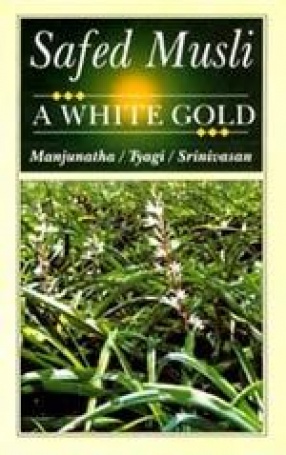
Safed Musli: A White Gold
-

India: Towards Population and Development Goals
-
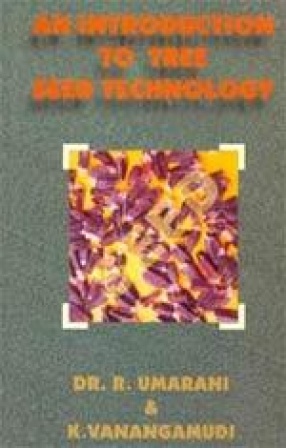
An Introduction to Tree Seed Technology
-
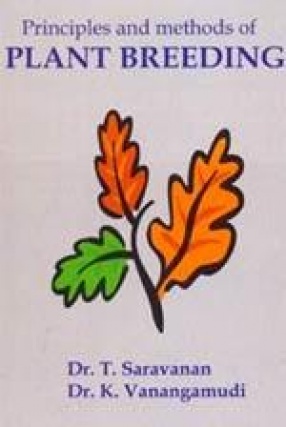
Principles and methods of Plant Breeding
-

Advances in Seed Science and Technology (Volume 1)
-
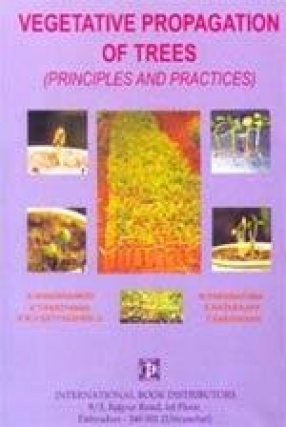
Vegetative Propagation of Trees: Principles and Practices
-

The Political Economy of Federalism in India
-
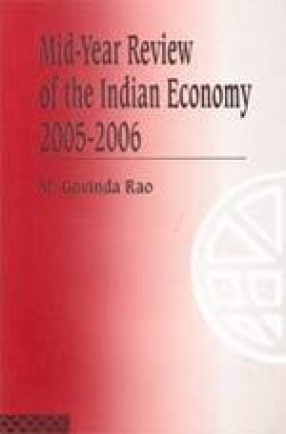
Mid-Year Review of the Indian Economy 2005-2006
-
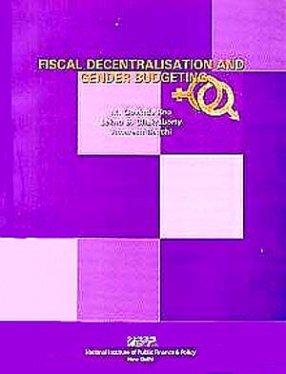
Fiscal Decentralisation and Gender Budgeting
-
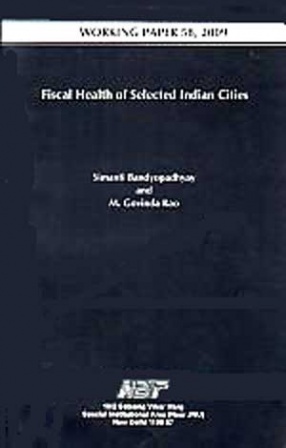
Fiscal Health of Selected Indian Cities
-
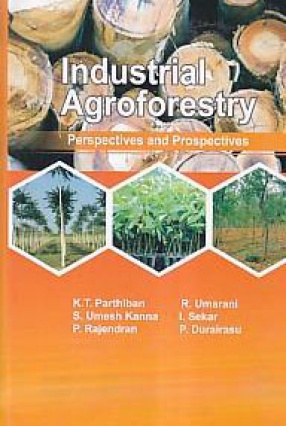
Industrial Agroforestry: Perspectives and Prospectives
-
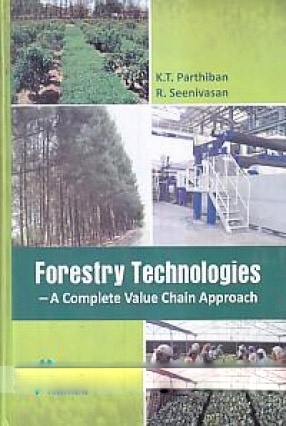
Forestry Technologies
-
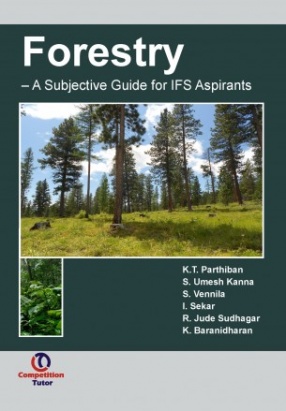
Forestry : A Subjective Guide for IFS Aspirants

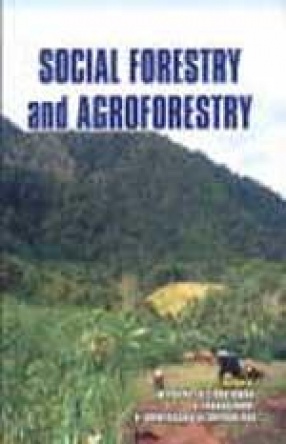
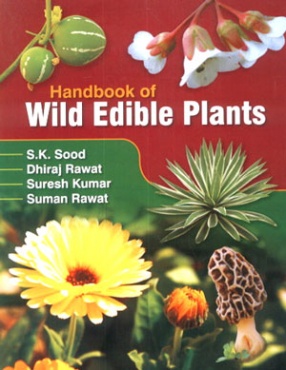
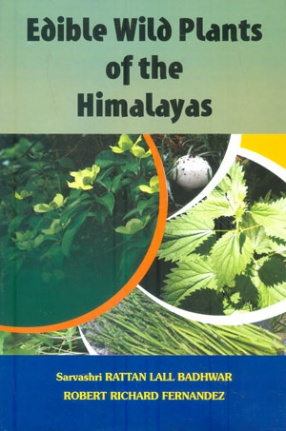
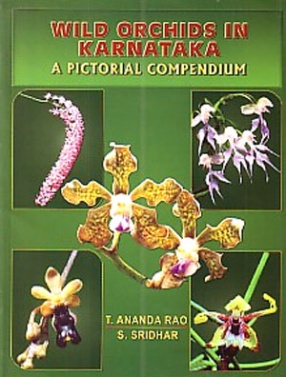

Bibliographic information
K Vanangamudi
M Govinda Rao
K.T. Parthiban
M.P. Divya